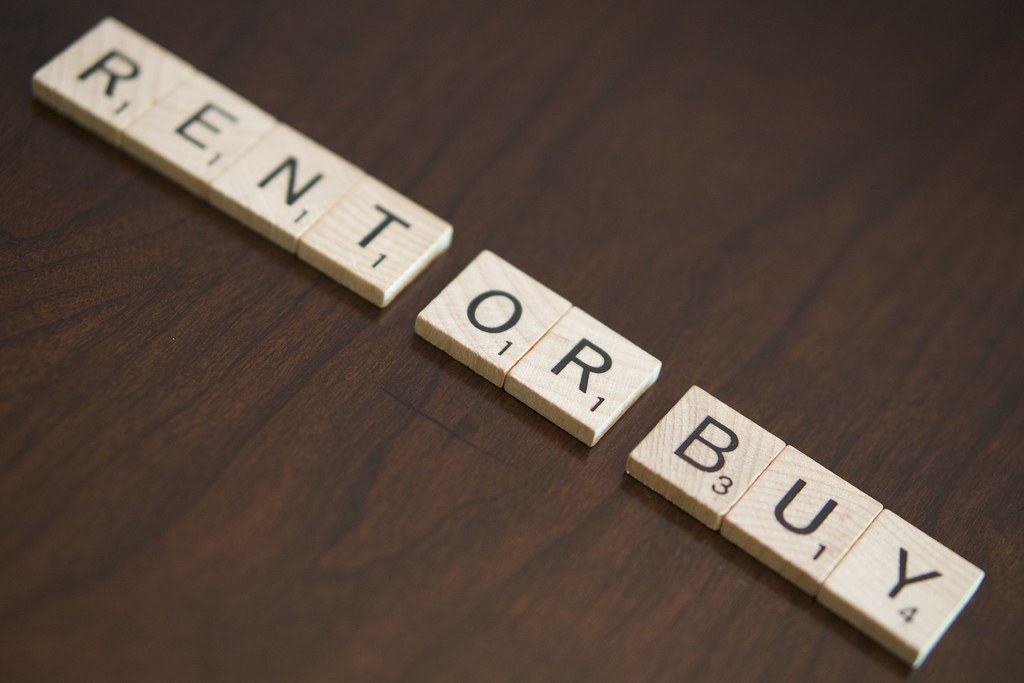Owning or Renting Homes
Read latest blogs and articles from Housystan

The Information mentioned here was last updated on:
29/1/2026Owning or Renting Homes: A Comprehensive Guide to Making the Right Choice
Deciding whether to own or rent a home is a significant decision that impacts your lifestyle and financial health. Understanding the pros and cons of each option can aid in making an informed decision that aligns with your long-term goals. With housing prices fluctuating and rental markets constantly evolving, it is essential to weigh factors such as stability, investment, and flexibility. This comprehensive guide will explore the benefits and drawbacks of both owning and renting, giving you the knowledge you need to make the best choice for your situation.
Benefits of Owning a Home
- Verified Tenants/Buyers
- Unlimited Property Listing
- Zero subscription/charges fee
Owning a home is often seen as a hallmark of financial success. Here are some advantages of homeownership:
- Equity Building: Homeowners can build equity over time. As you pay down your mortgage, more of the property becomes yours, which can be a powerful financial asset.
- Stable Monthly Payments: Unlike renting, where prices can increase annually, a fixed-rate mortgage ensures that your monthly payments remain consistent.
- Tax Benefits: Homeowners may qualify for tax deductions related to mortgage interest and property taxes, potentially reducing overall tax liability.
- Personalization and Control: Owning a home provides the freedom to make renovations and changes without needing landlord approval. This control allows for creating a personalized living space.
- Long-Term Investment: Real estate often appreciates over time, potentially offering significant returns if and when you decide to sell.
- Community Engagement: Owning a home often brings a greater sense of involvement and connection to a community.
Drawbacks of Owning a Home
While there are many benefits to owning a home, there are also challenges to consider:
- High Initial Costs: The upfront costs of purchasing a home, including down payments and closing costs, can be prohibitive for many.
- Maintenance Responsibilities: Homeowners are responsible for all maintenance and repairs, which can be time-consuming and costly.
- Less Flexibility: Selling a home is a lengthy process, making it harder to relocate quickly if needed.
- Market Volatility: Housing market fluctuations can affect property value, sometimes leading to financial losses.
- Additional Expenses: Homeowners need to budget for additional expenses such as property taxes, homeowners insurance, and possibly home association fees.
Advantages of Renting a Home
Renting can be an appealing choice for many, offering benefits that cater to certain lifestyles:
- Flexibility: Renting offers the flexibility to move easily without the long-term commitment associated with owning a home, ideal for those who frequently relocate.
- Fewer Financial Responsibilities: Renters are typically not responsible for property maintenance, major repairs, or property taxes, easing the financial burden.
- Lower Upfront Costs: Moving into a rental typically requires a security deposit and first month's rent, which is more affordable compared to the down payment needed for a home purchase.
- Access to Amenities: Many rental properties come with access to amenities such as pools, gyms, and shared community spaces without extra costs.
Disadvantages of Renting a Home
Despite the advantages, renting has its share of downsides:
- Lack of Equity: Rent payments do not lead to ownership or equity in the property.
- Variable Rent Costs: Rent can increase with each lease renewal, impacting long-term budgeting plans.
- Limited Personalization: Renters may face restrictions on how much they can alter their living space based on landlord policies.
- Uncertainty: Lease terms can end unexpectedly, necessitating a move that might be unplanned or inconvenient.
Factors to Consider When Deciding
When determining whether to own or rent, consider the following:
1. Financial Situation: Assess your budget, savings, and income stability to determine which option is feasible.
2. Lifestyle Needs: Consider your lifestyle and future plans. Are you seeking stability and a long-term home, or do you value flexibility for career mobility?
3. Market Conditions: Real estate and rental markets vary by location and over time, impacting affordability and availability.
4. Future Goals: Align your housing choice with long-term goals like retirement plans, family needs, or career aspirations.
Internal Linking Suggestions
- For readers interested in understanding more about financial responsibilities, consider exploring "Understanding the Costs of Homeownership" and "Top Tips for Budgeting as a Renter".
- To dive deeper into real estate market trends, "Analyzing Real Estate Market Fluctuations" provides a detailed overview.
Conclusion
Choosing between renting and owning hinges on numerous personal factors, including financial readiness and lifestyle preferences. By weighing the benefits and drawbacks associated with each option, individuals can make an informed decision that supports their current and future needs. Consider utilizing available resources and expert advice to address any lingering questions during this vital decision-making process. Ultimately, whether renting or owning, finding a place that feels like home is key.